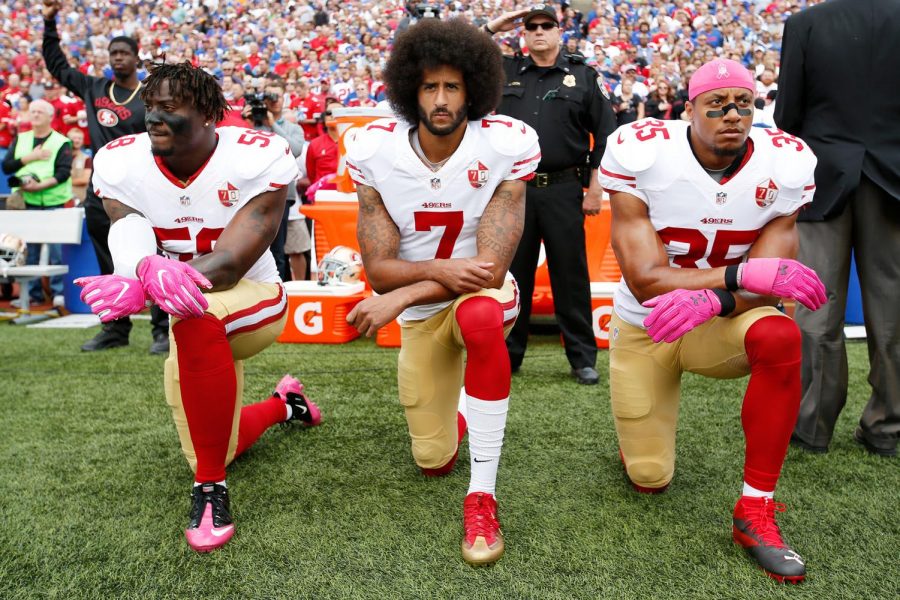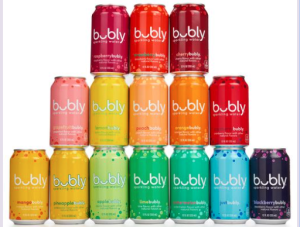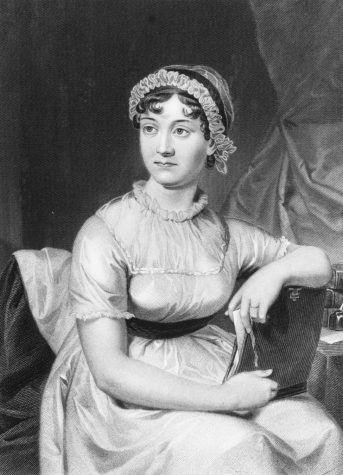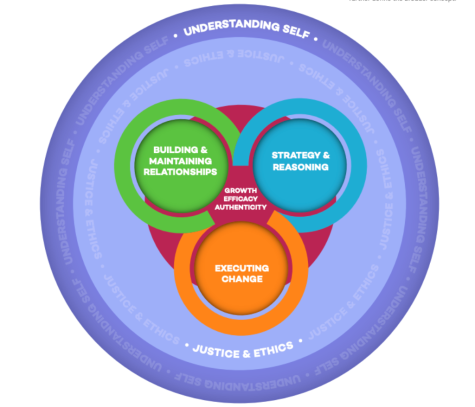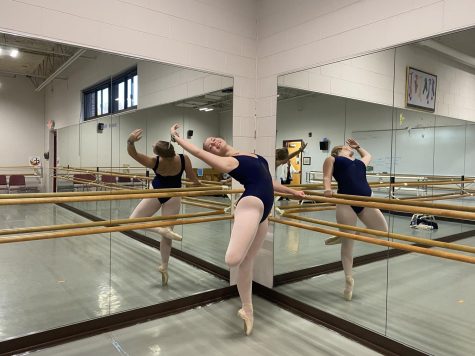Should Athletes Discuss Politics?
February 24, 2021316 Views
“Sports and politics don’t mix.”
“Just stick to sports.”
“Shut up and dribble.”
You’ve likely heard one of these statements before. They come up every time a political ad plays before the football game starts, or whenever a famous athlete speaks out about racism. They usually come from disgruntled family members, frustrated that their favorite pastime of watching men in tight shorts throw a ball around has been interrupted. A sense of entitlement enables them to think that they can opt-out of politics or social issues by changing the channel away from the news and watching their favorite sports game instead. To them, athletes have one job: to entertain. Athletes should dedicate themselves solely to their sport, and not concern themselves with the world around them.
Truthfully, though, how realistic is that viewpoint? Athletes are people, just like the rest of us, and it isn’t as if they live in a vacuum. Any person living in the world today will have knowledge of current events, even more so when that person is constantly in the public eye. As private citizens, they have a right to voice their opinions as much as anyone else, and as public figures, they have a responsibility to use their platform to promote issues that they find important.
The situation becomes more complicated when we realize that many famous athletes are people of color. As members of a marginalized group that has been at the center of recent political turmoil, many athletes would have even more reason to speak out. Despite that, though, we have seen many athletes be punished for using their platforms, whether by the public or by the sports industry. One of the quotes at the beginning of this article, “Shut up and dribble,” was said by a Fox news anchor in regard to LeBron James after he discussed racism during an interview. Colin Kaepernick, after kneeling for the national anthem to protest police brutality, was unofficially blacklisted by the NFL. The reason for this backlash is that many people simply don’t want to hear about socio-political issues during sporting events. However, asking athletes to be silent on issues that may directly affect their lives, just for the sake of audiences’ comfort, is difficult to justify.
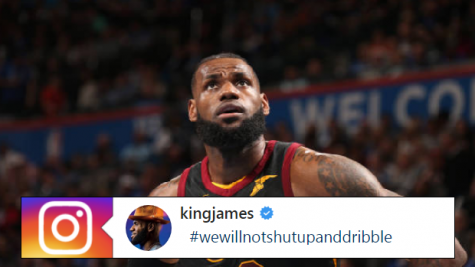
Another side to the matter, which has made itself especially clear in recent times, makes the actions of those attempting to silence athletes even more concerning. The fact is that if the subject matter is deemed to be ‘appropriate’, no one minds when athletes make use of their platform. A clear example of this is many sports league’s histories of spreading awareness for breast cancer, to the point where October has become an official awareness month for the issue. However, when an athlete attempts to speak on an issue that makes people uncomfortable, such as Black Lives Matter, they suddenly shouldn’t be talking.
Of course, it is easy to point out the difference between breast cancer and BLM – no one is opposed to finding a cure for breast cancer. That brings us to the heart of the matter, which is that no one truly minds athletes speaking out. What they do mind is athletes disagreeing with them, or forcing them to reckon with their own biases and prejudices. Many of us are comfortable maintaining the status quo, and when someone brings attention to an issue that we would prefer not to address, we become angry with them for disturbing our peaceful ignorance.
So, should athletes stay out of politics? Well, that’s up to them. Ultimately, athletes should consider their role as public figures, but also their personal values and what they want to use their platform for. Athletes that choose to speak up have every right to do so. If our favorite athlete decides to bring attention to a topic we have deemed ‘too political’, we have two options: listen to them and join in on the conversation, or turn off the TV.

